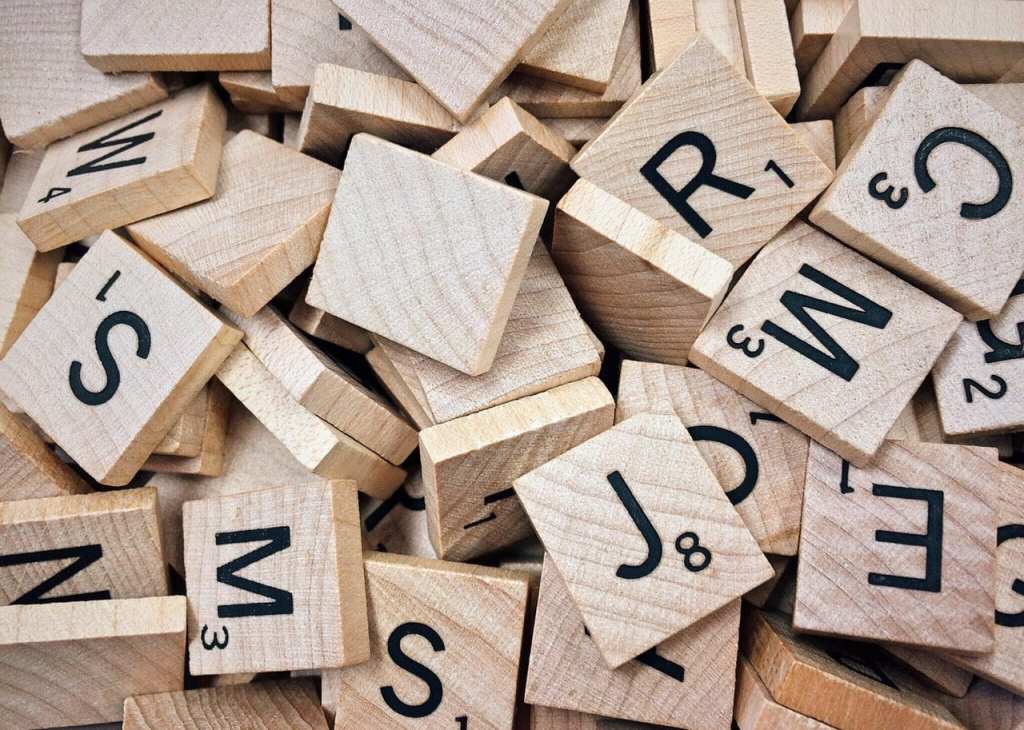Languages are ever-changing treasure troves of words. Words are added to dictionaries quite often, and sometimes slang that is meant to stay within a certain niche becomes a part of a language.
As it pertains to the English language, there are a lot of confusing grammar rules that make even well-read native speakers doubt themselves. Don’t believe this? Check out this list of words you thought were fake, but actually exist!
12. Anyways
We’re used to the word anyway, and often correct people who add the end.
As it turns out, anyways is the original form of anyway.
Take that you word nerds!
11. Firstly
Word snobs balk at the use of firstly. It sounds uneducated and awkward, but it does exist!
Check the Merriam-Webster dictionary to confirm.
10. Madded
Yes, this is a verb that means ‘to madden.’
The verb form ‘madding’ also exists!

Photo Credit: Pexels
9. Ginormous
Often used as slang, it’s probably a ginormous surprise that this word exists.
It’s a synonym for humongous.
8. Conversate
Yes, this word has been around for about 200 years.
Today you’re more likely to hear it in songs as musicians try to find the best ways to make things rhyme.
7. Funner
Watching a movie is fun, but traveling the world is funner!
Though the word is a noun, you can use funner when using fun as an adjective.
After all, other adjectives can become more grandiose, why can’t fun?
6. Nother
Some people believe nother is a shorter form of another.
It’s actually a 14th-century form of the word other.

Photo Credit: Pexels
5. Humongous
Why yes! This isn’t just a childish way to describe something that is large in scale. Humongous is a word!
4. Impactful
A fairly new dictionary entry, the term made its way to our vocabulary in the 1960s when a few clever advertisers wanted to prove that something was (duh) making an impact. And so it stayed!
3. Gonna
Often seen as the lesser form of going to, you can bet gonna is a real word! It’s been in use since the 1800s. You’re gonna have a great time using it to your heart’s delight!
2. Snuck
There’s always a big debate about whether one should use sneaked or snuck. But once again, this word has snuck into the English language since the 1800s and is considered correct.
1. Prolly
You’ve prolly used this word often in social media or texts, but rest assured, it’s also an informal word! It’s actually been around since the 1940s, and it sits between slang and regular use. Just keep it out of formal essays and you’re prolly all right.
Are there any words on this list that surprised you? What about words that might be missing? Feel free to share your thoughts on this in the comments.






